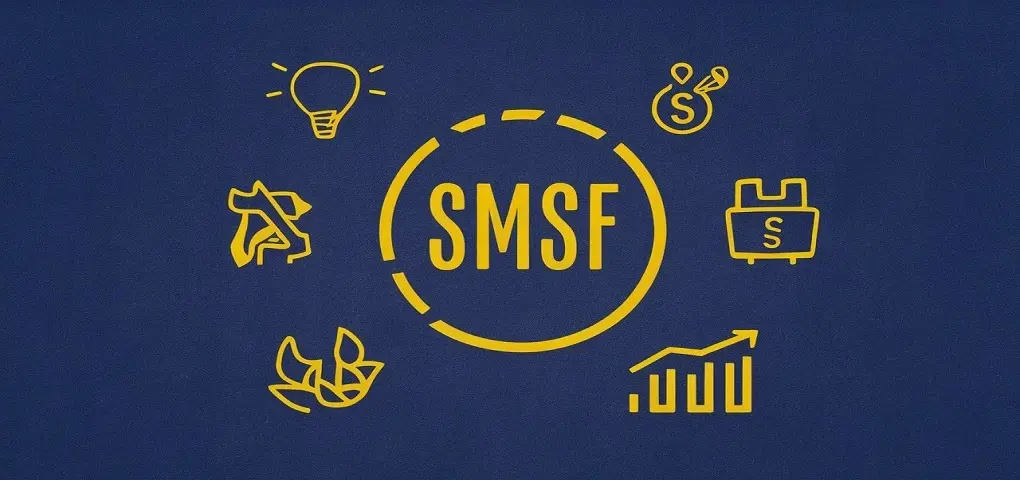The Costs of SMSF Accounting: Expectations
Establishing and operating an SMSF has its advantages in comparison with other types of superannuation funds in terms of more profound control over your savings for retirement. However, there are normal administrative tasks that are required to be accomplished, and the cost of running an SMSF is also present. It is necessary to be aware of these expenses so that it is possible to plan and determine whether it is efficient to manage own super fund. Below are the usual fees and the reasons why they are essential to ensure that your fund complies with the set laws.
Annual Audit Fee
It is the legal obligation of all the SMSFs to undergo an audit financial year through an independent approved auditor. This audit also makes sure that your fund is within the laws prescribed by super and tax. Conducting audits often ranges from $500 -$1,000 annually based on your specific SMSF’s size and its level of complexity.
It examines source documents, business records, financial statements, tax returns, appraisals of trust property, insurance policies and documents, and the investment plan as well as compliance with the provisions of the trust deed. It also looks at the deals to determine that every payment and transfer within and from the fund is under the rules and regulations. Again, any noncompliance must be made right or else penalties may ensue.
Accounting and Tax Fees
As mentioned earlier, you can decide to manage the SMSF accounting on your own or seek the services of qualified practitioners in this field of specialization. The annual fees are generally charged between $1,000 and $3,000. This covers:
- Preparation of balance sheet, income statements/profit and loss accounts and tax returns.
- Determining wealth tax that comes from the sale of stocks, bonds, property, and other securities.
- Submitting supporting documents to the Australian Tax Office and other authorities
- Basic general advice on the SMSF operation and methods of administration
When you have professional accounting support; this will guarantee that all the reporting requirements are met, records retrieved and good internal checks observed. This means less headaches and risk for you as trustee of the living trust. Especially it’s important now when investing has become much more complicated and regulation is so much heavier.
ASIC Annual Return Fee
All the regulated SMSFs are required to submit an Annual Return to the ASIC and this costs $57 processing fee up to this year 2022. This ensures you and your fund are always up to date with any changes made or new member details for the year. This is among the expenses that fall under the administration of an SMSF that one cannot afford to overlook.
Start-up and Establishment Fees
The costs incurred for establishing a new SMSF mainly fall under the professional fees bracket and stand at approximately $1,500 – $3,500. This includes guidance on setting up, putting together the trust deed and investments and general guidance on the establishment of the fund. There can also be expenses such as the fees for registration with ASIC, incorporation of a corporate trustee and any conveyancing fees arising from transfers of properties.
Other Ongoing SMSF Fees
In addition to mandatory compliance duties, you may choose extra services that come at a cost such as:
- Valuations of properties if your fund directly holds and owns assets such as buildings and other structures ($300+ per asset valuation report).
- Financial information/consultations of a personal nature and income/pensions planning ($500 - $5000+)
- This can be made by maintaining an investment portfolio that requires constant management with the help of other service providers such as stockbrokers.
- Online Insurance platforms to administer member’s policies
- Web-based tools for records and paperwork of the SMSF as well as managing the records of the assets
You also need enough cash in your fund to cater for future expenses that might be incurred in the process of running your business. This helps you avoid the process of selling down assets consistently, which is why it can be referred to as a buffer.
Saving on Costs
There are debates on DIY SMSF where some of the trustees prefer it but the problem with it is that one may lack professional skills in compliance, tax, super laws, accounting and investments which may lead to complications with expensive mistakes. Although employing these professionals might be slightly costly at the initial stages this will help you to minimize future costs by helping you to optimize on the taxes and investment. The critical point is to define what you are able and willing to control versus what is better left to an external contractor.
There are many firms offering services and advice on self-managed superannuation funds, and it is to the client’s advantage to compare different specialists’ fees. You need to look at the size of your fund, your assets, your level of activity and the importance of the additional services to be provided for the price. Consider the following against the reason behind having your fund. On this, a clear understanding will assist in evaluating whether SMSF is the best vehicle to use in saving for retirement.
Contact us here for SMSF preparation services now!
